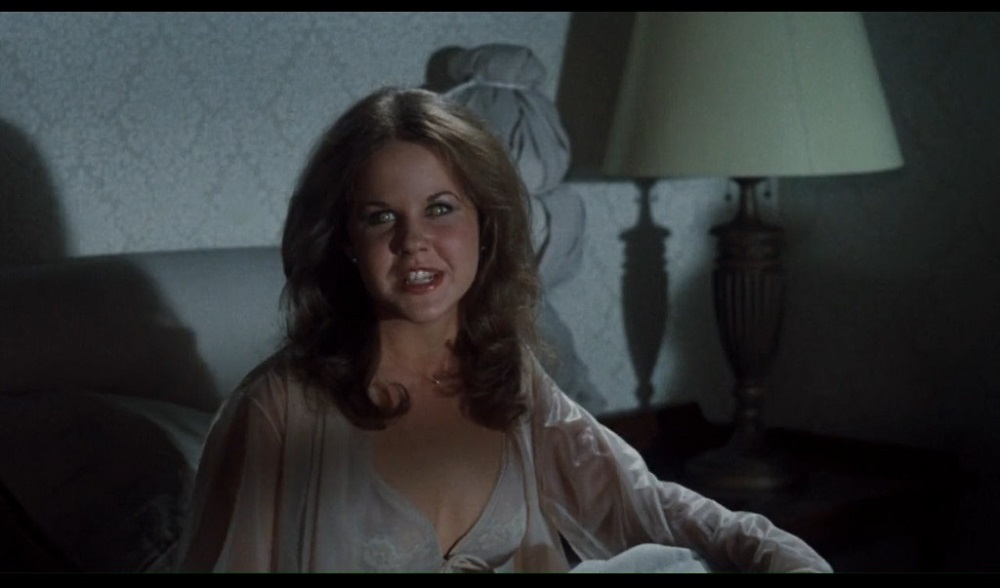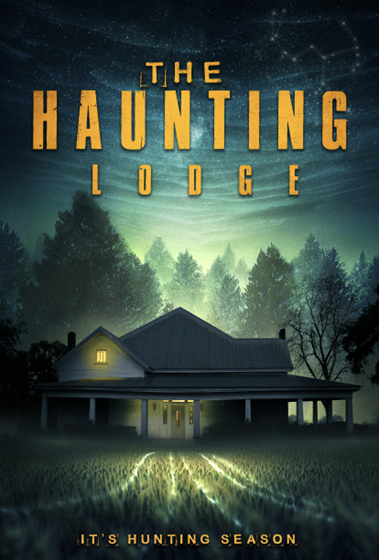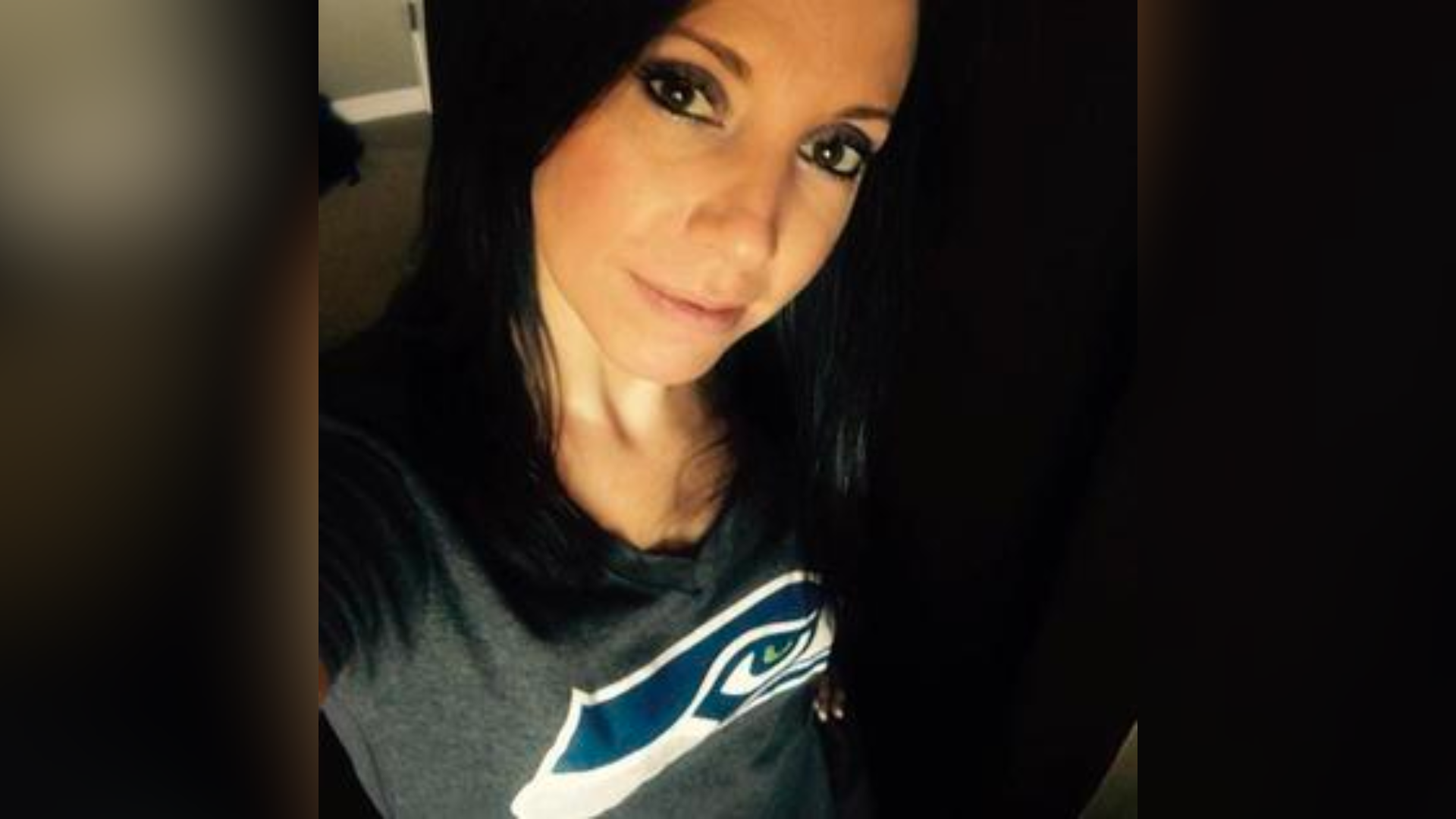Because the world is the size of a pinhead, within ten minutes of sitting down with queer synth-pop outfit MUNA, we’ve identified that we went to the same college at the same time—which of course means we partied at all the same houses. But those days seem far away upon listening to their self-possessed and emotionally aware self-titled third album, which they dropped last month. Put simply, in the near-decade since their early days making music together in a dorm room at the University of Southern California, the three members of MUNA—Katie Gavin, Naomi McPherson, and Josette Maskin—have done a lot of growing, and even more so since the beginning of 2020.
Looking back at their younger selves, the musicians seem equal parts nostalgic for and horrified by the things they put themselves through: nearly getting electrocuted at DIY house shows; powering through mono while on tour. “Starting so young, we were down to be grimy and be, you know, road dogs,” says Gavin. Now, things are “getting better at the rate where we are getting less capable of handling the grime.”
Maskin agrees. “We’re definitely at the apex of, please, god, may this get just a little bit better, in terms of our mental health and morale.” McPherson puts it even more plainly: “Ain’t no shame in it—I’m tired.”
More From ELLE

Looking back at MUNA’s past few years, it’s easy to see why. Their sophomore album, Saves the World, came out in 2019 to fierce acclaim but very little fanfare. Following a frustratingly brief tour, RCA Records—the label behind the band’s first few albums—dropped them. A few short months later, it was March of 2020, and, well, we all know what happened then. After pouring all their energy and creative passion (their “whole Munussy,” in Gavin’s words) into Saves the World, the band found the anticlimactic release nearly impossible to stomach. What they didn’t anticipate was that the pandemic would drive newly introspective and vulnerable listeners to discover the album amid a global shutdown. Even now, they have trouble conceptualizing it.
“I think in the pandemic I forgot that we mattered to anyone,” says Maskin. Gavin agrees: “I think that’s why it felt so fucking dark at times.” Still, she can see the appeal that it might have held to new fans who found themselves adrift during the early days of the Covid crisis. “It was a very reflective record. Saves the World is a good record if you’re thinking about your patterns.”
“I think a lot of people were,” responds Maskin.
It’s hard to tell if we as a society ever really stopped thinking about our patterns. MUNA did—or, at least, they’re thinking about them differently. As McPherson puts it, “I don’t think we’re jaded.” This is putting it mildly: From the September 2021 drop of Muna’s sunshiney lead single, “Silk Chiffon,” to viral and widespread acclaim, it was instantly clear that the band is now in a more expansive place than they were while recording Saves The World. (It bears mentioning that “Silk Chiffon” featured Phoebe Bridgers—also the owner of the band’s new label, Saddest Factory Records—which doubtlessly gave the song an additional popularity boost.)
The release of the new record has borne this out. Liberated and triumphant, regretful and at times laden with grief, MUNA paints a rich, varied emotional landscape that is a joy to visit over and over again. Over the course of a morning in Northeast Los Angeles, Gavin, McPherson, and Maskin discussed the process of making the album and making change in the world.
Your first album was a very lo-fi, DIY production, and your second one was professionally produced, but then you took it very DIY again for this one. What was it like to come back to that all-hands-on-deck setup, now that you’re older and—like you said—a lot more tired?
Naomi McPherson: I mean, I think the funny thing is that’s the shit that we love to do. It’s nice to have additional people to bounce ideas off of in a studio setting, or if you feel like you’ve taken a song as far as you can take it without wanting to never hear it again, it can be helpful to have someone else help you work on it. But we didn’t have that this time, and I think we managed to push through those feelings. And I ultimately feel like this record sounds the most like us, for sure. It’s part logistics, the way that it went down. In the time that we were making it, it didn’t feel morally correct to try to figure out some situation where we were going into the studio.
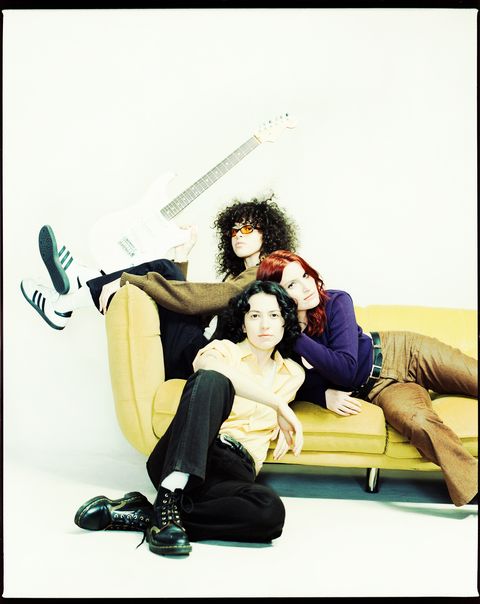
Isaac Schneider
Was it hard to make music just because of the state of the world, or were you as a band personally in a place where you were over it?
NM: It was never over the music or over the project. I think it was a lot of the existential stress that can come with this job, and came with all creative jobs when the pandemic hit, of just, like, is this even something that we can even logistically continue doing? What’s gonna happen? And I think that level of uncertainty can kind of push you over the edge a little bit. Just to be frank, I think we were feeling a little disappointed with how the second record had gone. We know that that record is an amazing album and it has great songs. I think it could have been bigger than it was, and we had people around us who were also telling us that, which kind of sucks to hear. You remember this?
Katie Gavin: I do, but it’s funny because I had a different experience. I’m just so much more of a self-blamer that my go-to psychologically is always way more to be like, if I didn’t get what I was hoping to get, then I have to look at what I did wrong, ‘cause I must have done something wrong somewhere. It’s the illusion of control, which I think is why we have a little bit more of a lighter attitude around all of it now: because we have been in the industry long enough to understand that we are not in control of how things are received, and the only thing that we do control is our relationship with our work and if we’re putting our best into it. And it’s just been so funny the way that everything has worked out for us when we least expected it.
Josette Maskin: I think that’s true. The quality of the work I don’t think has changed. I think maybe we’ve gotten more attractive and more—
NM: [Laughs] Sorry, it just hit me what you said, dude.
JM: The headline should be, “MUNA got hotter and that’s why they’re doing better.”
NM: I think it’s like, we became like a musician’s-musician type of project, which I think is such a mark of pride. Even if you’re not mainstream or whatever and making a ton of money, if your favorite musician thinks your music is good, that is so fucking rad and feels so good and makes it all worth it.
I know you’ve all talked about dealing with depression, and I think there’s a lot of that especially in the second album. The third album feels a lot more emotionally expansive: There’s some of that reflectiveness, but you’ve got the liberation of “Anything But Me” and the devastation of “Home By Now.” I think that’s interesting both from the perspective of your emotional trajectory but also in the sense that this album was made during arguably a less expansive time.
JM: The second record, I was going through so much shit at that time. At least in my own experience of mental illness, post-digging through all of that, I have more emotional availability to experience things and experience the world. And I think this record wouldn’t have been able to be made without that digging of the second record.
NM: That’s such an interesting thing to think about. Despite the second record being very intense emotionally, maybe it was a little myopic in its focus. Like, oh, I’m fucked because of all the shit that’s happened to me and that’s happening to me now, and then you’re in tunnel vision on that perspective. I think when you’re in that state, yeah, maybe it is a little bit harder to have a wider range of experiences and emotions.
KG: There is something I like about the idea of, the more grounded we have become in ourselves, the more willing we are to experience and portray a wider range of experiences. It makes me think about the concept of equanimity or even safety. Like, I’m safe to experience regret or anger or liberation or extreme horniness—
JM: Extreme horniness, for sure.
KG: And know that I’m still gonna be able to hang on. I’m not gonna lose myself, I’m not gonna abandon myself in feeling those feelings. I think I needed a long time to work up to that. And it’s funny because, you know, you’re right that if you look at the world and these records, this record was written in a definitely “less expansive” time, but during Saves The World I wasn’t in any romantic relationships with anybody. I took a break from dating, and when we were making this record, I was dating, and I was trying to be in a relationship, and I do think it’s relevant to the way that my voice showed up on the record, and I needed the time alone to get to that place.
This content is imported from youTube. You may be able to find the same content in another format, or you may be able to find more information, at their web site.
MUNA – Anything But Me (Official Video)
I think also the past two years have changed how so many people experience emotions.
KG: I feel that. Emotionally, I’ve always been someone who can’t really help but exist on a certain plane where I am talking about real feelings, just because they’re usually overpowering me, but I think there’s a lot more compassion for that these days. There’s a lot more compassion and acceptance of a lot of people’s realities. I’m hoping that we’re moving towards also a space of more compassion for, and understanding of—I don’t know, it makes me think about disability justice and just like, hey, every human has a different way of moving through the world, and it doesn’t actually feel good for us to all go back to the way that things were.
NM: Like, no one I know is well. Name someone well. There’s no one. We’re not well.
JM: No.
KG: It’s like, who’s allowed to ask for help and who is deserving of receiving it?
NM: And it’s like really, ultimately, not a lot of people.
KG: Yeah, which is true. And it’s heavy.
NM: I mean, it’s interesting for us too. Like, I think we know that we deserve our success, but we’re also aware of the fact that I’m a mixed person, I’m pretty light-skinned, and we are maybe more palatable than other people to the mainstream, which I think makes it even more important for us to be like, “Fuck that shit.”
“Name someone well. There’s no one. We’re not well.”
KG: I don’t know. I think the whole mindframe of seeing disability justice as an inconvenience rather than something that is gonna show us a sustainable world that would actually be beautiful to live in, versus this shithole…that’s just a huge ship to turn around, internally, for all of us. To stop apologizing for parts of yourself. And it’s one thing when you are a skinny white girl. I still feel shame or still feel like an inconvenience, but I simultaneously have to be aware that society has more time for me than a lot of other people. It’s a dance that we’re definitely a part of.
NM: Totally. And we’re so lucky. We look out at the crowds at our shows, and it’s not just a sea of white, able-bodied people.
KG: No, that would make me wanna die. But I think it’s gonna be a journey for us. Accessibility at venues is a huge sucka. Something interesting when you think about accessibility at venues is that it’s so common to just think about people being able to come and see the shows and not think about, like, is the venue accessible for disabled people who are performing there? Do we have imagination for disabled artists to be able to get on the fucking stage?
NM: For me it also makes me think about how so many things that are made for women are tested on men. Seatbelts are tested on men; Midol is tested on men. The world is not made for us, and everything about it makes that clear for pretty much everyone to one degree or another. I guess that’s why art is good. It is nice how accessible art is. I remember being young and feeling like I couldn’t go buy all the CDs that I wanted ‘cause I didn’t have the money to, and people burning them for me meant so much, and now you can just go on YouTube for free and listen to any music from anytime ever. I would have been in heaven. So much art is available for everyone online, which is so cool.
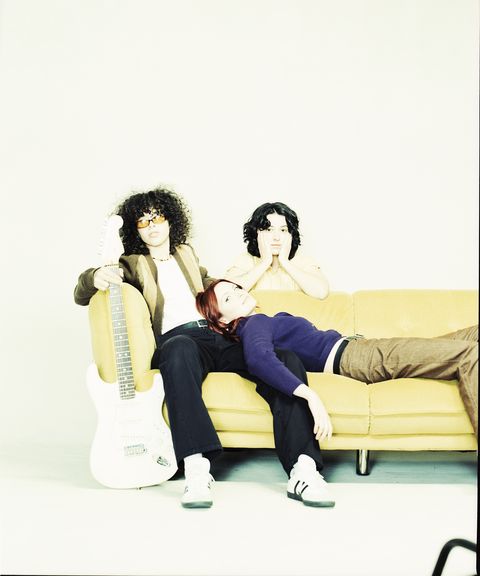
Isaac Schneider
The moment that we’re in, there are sort of two important conversations happening that are impossible to reconcile with one another in a capitalist system. One of them is access and one of them is compensating people for their labor.
NM: One hundred percent, ‘cause the truth is if it’s online for free, somebody—us—is not getting paid. I mean, how do you make art then without class privilege? It’s hard.
I’ve known internet personalities who are hyper-visible for their entire careers but are making almost no money, so they’re totally broke. That contrast between being super visible and that not necessarily corresponding to having resources can be jarring.
NM: One hundred percent. And that’s the trap of visibility, right? I think people are maybe coming around a bit to knowing that what you see is not what is true all the time. But I think a lot of people are living hard lives, and [they] see people that they perceive to be doing well and have ideas about what their lives might be like, and they might not actually be all that different. I think that’s why we’re careful to not cast a purely positive light on visibility, because I do think it can be misleading, and it can be politically misleading too: like, “Oh, now queer is totally fine and everyone who’s queer is just living their life or whatever!”
It can also make you more of a target.
NM: One hundred fucking percent.
KG: And I think reminding people that visibility for its own sake is not nourishing to a human being.
NM: It’s not radical at all.
KG: I think we want connection and community and expression through our art, and it does feel really good to have that be heard. But in the past I’ve definitely been seduced by the idea that I’ll feel better about myself if I get to a certain level of visibility. And it just doesn’t work like that, you know? We know this, but it still seduces us.
NM: Yeah, definitely. I mean, I shouldn’t cast such a negative light on visibility because the good thing about it is, like, it would truly have meant the world to me as a 12-year-old, 13-year-old to see a band like us. It meant the world for me to see Tegan and Sara, and I was like, fuck, they’re so funny, they’re well-adjusted, they’re cool, they make cool music. So to be that for other people is totally nourishing and validating and makes everything worth it—for someone to be like, “I saw you guys and it made me come out to my dad,” or something like that. We can get heady all day about all of this, and nothing is ever objectively positive or negative, but that feels good.
“It would truly have meant the world to me as a 12-year-old, 13-year-old to see a band like us.”
Do you have specific hopes for this album, or maybe for the future in general?
KG: I think sold-out shows. We really want to sell out, we want that so bad.
NM: We want to put on good shows for people.
JM: I think it’s true that Katie and I come from more privileged backgrounds than Naomi, [so it’s also meaningful for Naomi] to actually have the opportunity to get a new car.
NM: And take care of my mom a little bit. I think the truth is just that I would love to have it relieve the existential career stress of things. I hope this is what makes it so that I don’t have to keep generating content to feed the machine. If it can alleviate that need for constant generation, that would be great.
KG: I mean, that’s an amazing goal. I think it’s a shooting for the moon, land amongst the stars type of thing. I think it’s like, you shoot to be fucking Frank Ocean.
JM: Or Fiona Apple.
KG: They drop something, and then we just want them to go away for as long as it takes to do what you need to do, you genius. That’s honestly the fucking dream.
NM: Yeah, live your life so that when you put the art out it’s coming from a place of needing to make the art and wanting to make the art.
JM: I think that has to do more with our psychological states and if we can be the driver.
NM: I think next time we make a record it would be nice to have an experience of like, okay, this week we’re in the studio making music. Having a little bit more of a slow process would be really cool and fun for us. We just want to continue making art and making music and doing this shit in a way that’s sustainable and not compromising the quality of the art. That’s really all.
This interview has been edited and condensed for clarity.
Keely Weiss is a writer and filmmaker. She has lived in Los Angeles, New York, and Virginia and has a cat named after Perry Mason.

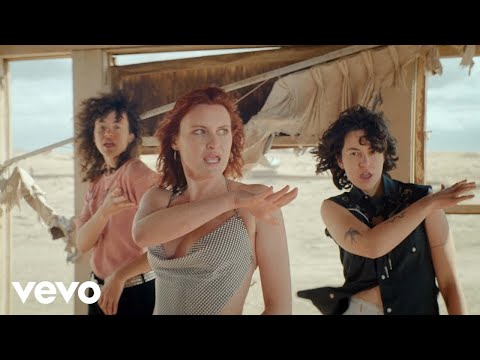



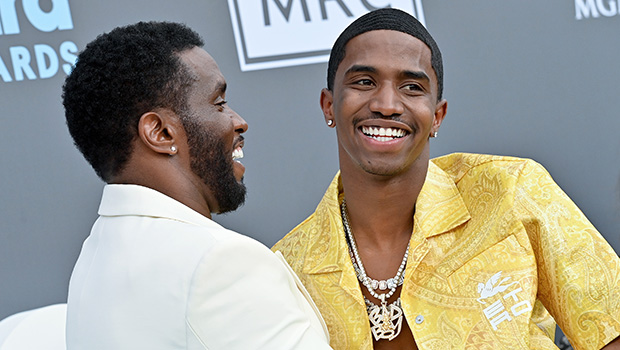






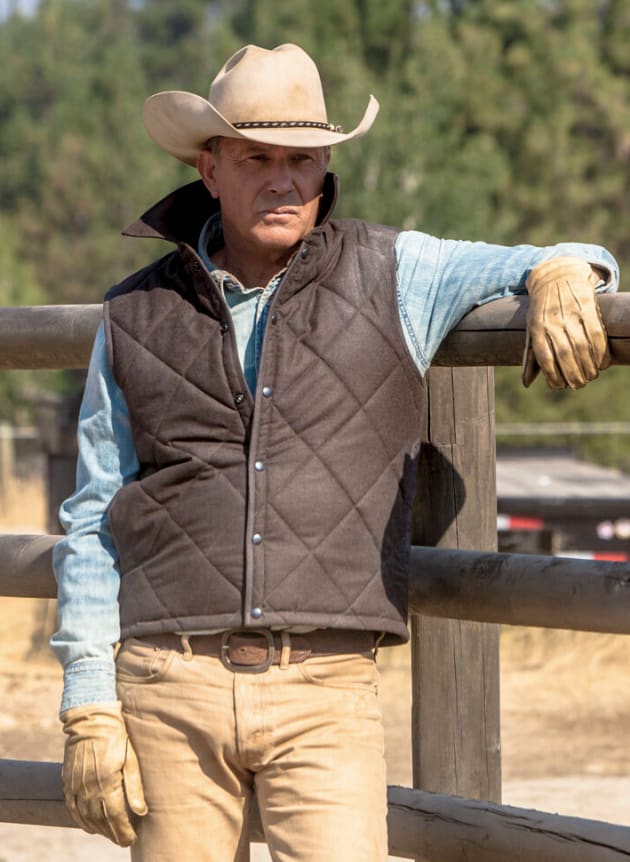
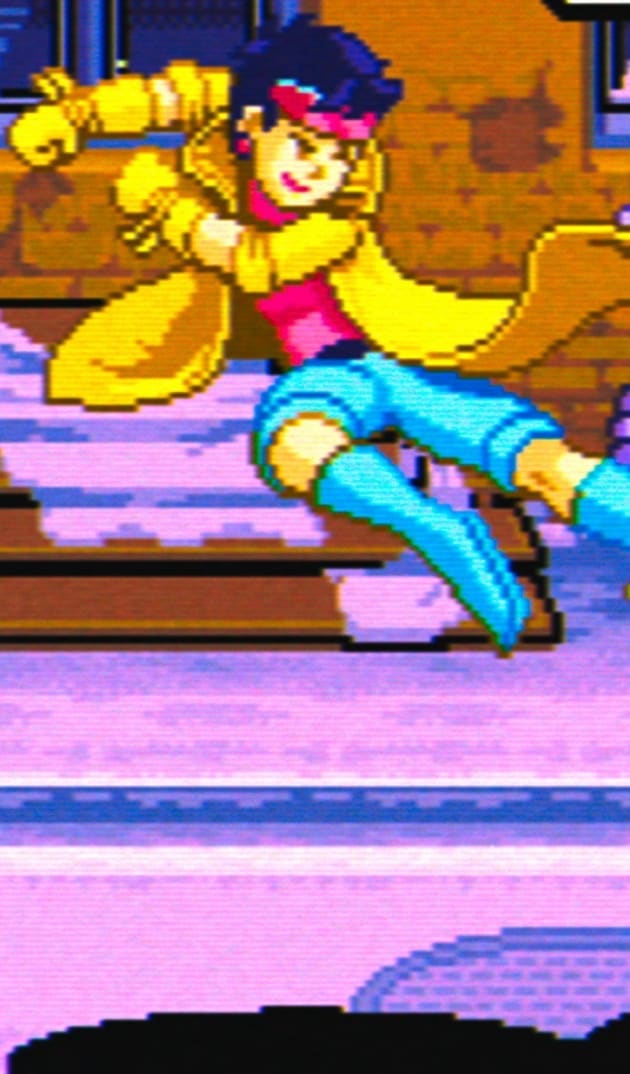
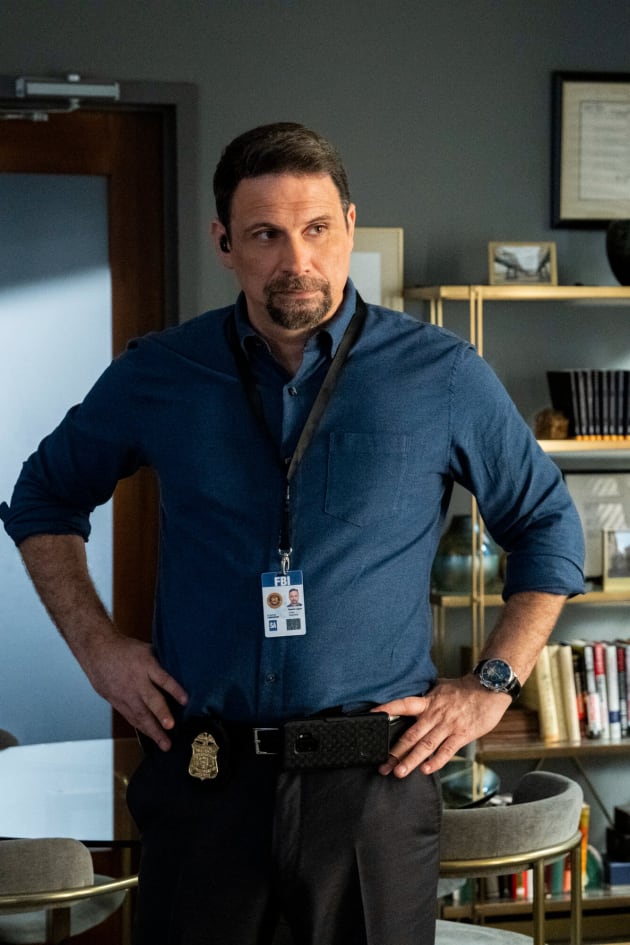
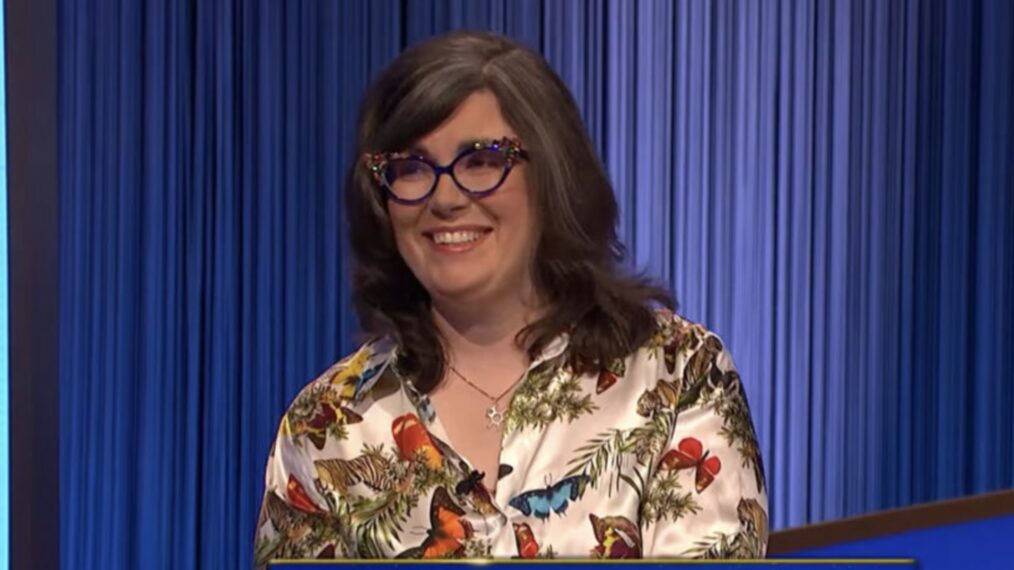






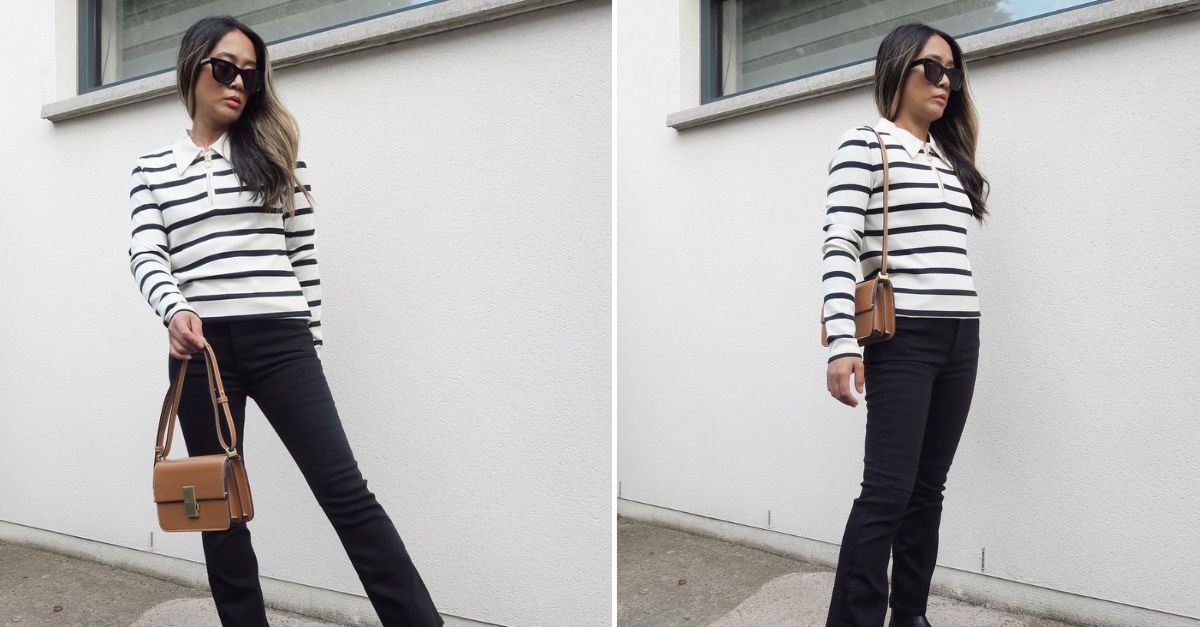
:quality(85):upscale()/2023/09/14/936/n/1922564/1eb8986c65037ae0e884d9.33922579_.jpg)
